Celebrating DFCM's 2025 Senior Promotions: Full and Associate Professors
Ten DFCM faculty members have been recognized for their contributions to family medicine and excellence in research, teaching and professional activities.
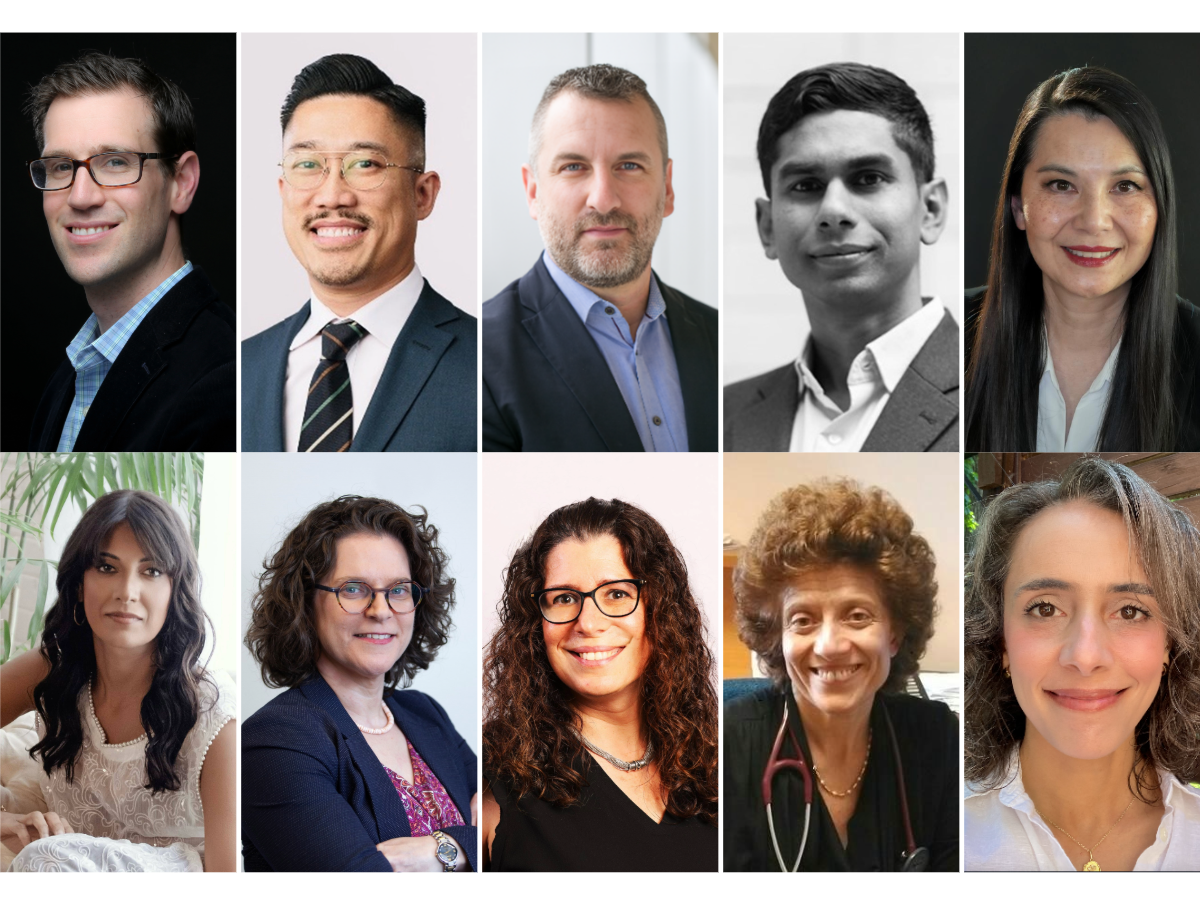
We are pleased to announce the following faculty members from the Department of Family and Community Medicine (DFCM) have been promoted to Full Professor or Associate Professor at the University of Toronto.
Ten DFCM faculty members have been recognized for their contributions to family medicine through excellence in research, teaching and professional activities. The promotions take effect on July 1, 2025.
This year our recipients represent the breadth and depth of expertise across DFCM and family medicine, from comprehensive care to the emergency department, in hospitals and health system leadership, in focused areas of practice such as palliative care, care of the elderly, and addictions, in academic research in a wide range of fields, and of course, in medical education and clinical teaching.
Congratulations to all!
Jump to:
Full Professors: Dr. Noah Ivers | Dr. Marcus Law | Dr. Jeff Myers | Dr. Nav Persaud
Associate Professor: Dr. Joan Cheng | Dr. Ramona Mahtani | Dr. Osnat Melamad | Dr. Nadia Minian | Dr. Helen Senderovich| Dr. Diana Toubassi
Professor
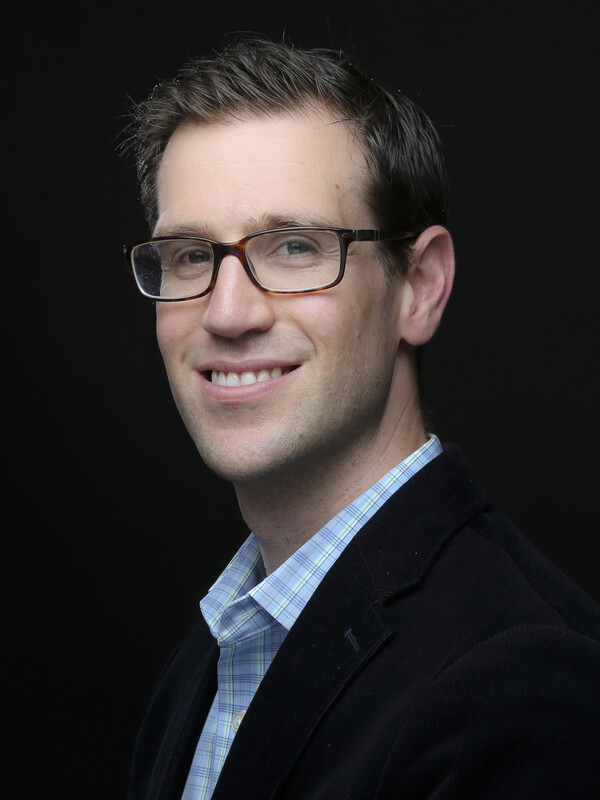
Dr. Noah Ivers
Dr. Noah Ivers MD, CCFP, PhD, is a family physician at Women's College Hospital and scientist at Women’s College Research Institute, where he leads a research program in implementation science, focusing on the use of data to drive evidence-based, patient-centred improvements in health-care. He is also a Professor in the Department of Family and Community Medicine at the University of Toronto, where he is also the Scientific Lead for the Office of Health System Partnerships. He also has cross-appointments at the Institute for Health Policy, Management and Evaluation and the Institute for Medical Sciences at the University of Toronto and is an adjunct scientist at ICES. He holds a Canada Research Chair in the Implementation of Evidence Based Practice.

Dr. Marcus Law
Dr. Marcus Law MD, MBA, MEd, CCFP, FCFP, is a Professor of Family Medicine at the Temerty Faculty of Medicine, where he has assumed many roles, including Academic Lead in Educational Technology, Director of Preclerkship Renewal, and Director of Foundations. He currently serves as the Associate Dean of the MD Program.
Born and raised in Hong Kong, Dr. Law immigrated to Canada with his family and settled in Toronto, where he completed an undergraduate degree in Pharmacology. Dr. Law remained in Toronto to earn his medical degree in 2000 and completed a Family Medicine residency at Michael Garron Hospital, where he eventually became the Director of Medical Education. Additionally, he served as the Director of Technology-Enabled Learning at the Centre for Faculty Development in Toronto.
Dr. Law holds an MBA from the W. P. Carey School of Business and a Master of Education from the University of Toronto.
At the national level, Dr. Law has been actively involved with the Canadian Association for Medical Education as its Past President.
Dr. Law's academic work and research focus on translating our understanding of how medical students develop expertise into effective educational design and implementing theory-informed large-scale curricular redevelopment in medical schools.

Dr. Jeff Myers
Dr. Jeff Myers MD, MSEd, CCFP(PC). Dr. Jeff Myers is a palliative medicine physician at Sinai Health’s Hennick Bridgepoint Hospital. He completed his family medicine training at the University of Toronto and earned a Master of Health Professions Education degree at the University of Southern California. In 2005, he joined U of T faculty in the Department of Family and Community Medicine, and since then has held various leadership roles, including Head of DFCM’s Division of Palliative Care. He currently serves as the Bresver Family Chair in End-of-Life Care and Medical Assistance in Dying.
Dr. Myers has dedicated much of his academic career to addressing inequities in access to palliative care, with a particular focus on activities that aim to address the clinical challenges related to communication about serious illness. He has sought to improve quality through the development, implementation and dissemination of person-centred solutions and educational interventions for individual clinicians, health-care teams and broader systems. As a clinician educator he is deeply committed to fostering generative learner and faculty experiences and has been honoured with multiple awards recognizing excellence in his teaching, education scholarship and leadership.

Dr. Nav Persaud
Dr. Nav Persaud is the Canada Research Chair in Health Justice.
He conducts clinical trials of interventions aimed at improving health outcomes and equity or fairness, including of free medicine access (CLEAN Meds), cash transfers, and access to health foods. He co-leads clinical practice guidelines such as one related to equitable access to preventive health-care.
Dr. Persaud’s work also helps to improve the way research is done, for example, how patients and members of the public are involved in the research enterprise and who joins guideline panels. He has also conducted primary historical research to understand the contributions of Dr. Alexander Thomas Augusta during the late 1800s.
He leads an international collaboration comparing and improving national essential medicines lists for more than 100 countries. Dr. Persaud shares his work with decision makers around the world and across Canada; he chairs the National Pharmacare Committee of Experts.
Associate Professor
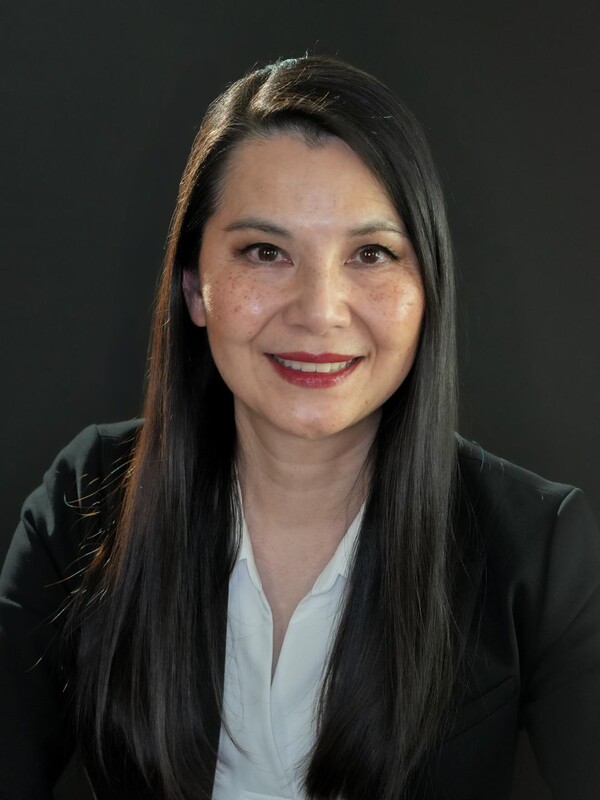
Dr. Joan Cheng
Dr. Joan Cheng is the Chief of Emergency Medicine at St. Joseph’s Health Centre – Unity Health Toronto. She believes that the strength of academic medicine lies in its ability to cultivate environments where all individuals can see themselves reflected and valued.
Her academic contributions are centered on supporting learners, faculty members, colleagues and the broader academic community through peer support, mentorship and advocacy.
Guided by a commitment to inclusive excellence, Dr. Cheng is dedicated to supporting the visibility and influence of women, racialized individuals, members of the LGBTQ+ community and others from underrepresented groups. With a focus on creating belonging, she supports learners, colleagues and faculty members in understanding who they are and who they aspire to be in order to thrive within academic medicine.
Dr. Cheng’s contributions reflect a broader vision of academic leadership—one that seeks to foster professional growth, elevate teaching excellence and education scholarship, and drive systemic change.

Dr. Ramona Mahtani
Dr. Ramona Mahtani’s extensive innovations in improving access to high quality, equitable palliative care, in acute care, is remarkable. Her leadership at Sinai Health in integrating palliative care across all settings is a testament to her creativity, clinical sophistication, and intrinsic wisdom. She was a key pillar through the entire pandemic, demonstrating her advocacy for the most vulnerable by individually delivering an unprecedented 24-7 care model as a frontline hospital palliative care physician in long-term care. The consistency of her approach is clear in her academic research, clinical leadership, and educational mentorship: showing up actionably as a skilled physician to provide care to the most vulnerable patients, thoughtful collaboration amongst teams, critical self-reflectiveness, and the ability to hold space for complex dialogue. Her expertise in evolving medical education to promote inclusivity, combined with her sustained success in delivering measurable changes in access to palliative care for those who had pre-existing barriers, has led Dr. Ramona Mahtani to shift to a new focus — developing sustainable and compassionate approaches in inclusivity work that coherently unifies rather than haphazardly divides those in the work.

Dr. Osnat Melamad
Dr. Osnat Melamed is a Family Physician with a focused practice in Addiction Medicine at the Centre for Addiction and Mental Health (CAMH). She is also an Associate Scientist at the Campbell Family Mental Health Research Institute at CAMH. She completed her Family Medicine Residency in Israel, and post-graduate fellowships in Addiction Medicine and Medical Psychiatry at the University of Toronto.
Her program of research with the INTREPID lab at CAMH is dedicated to reducing the health disparities experienced by individuals with psychiatric and addiction conditions. Her work focuses on tobacco addiction, chronic disease management, and the development of digital health tools, particularly those tailored for women. She has authored over 40 peer-reviewed publications and secured over $400,000 in grant funding as Principal Investigator. Her work is widely published in leading journals in psychiatry, public health, and primary care, and has contributed to national clinical practice guidelines, including the Diabetes Canada 2023 Mental Health Chapter. Notably, she secured grant funding from CAMH Womenmind Seed competition and CIHR to develop woman-specific smoking cessation interventions.
An early-career physician-researcher, Dr. Melamed leads a growing research program aimed at harnessing the power of AI-based conversational agents (“chatbots”) and to deliver empathic counselling for health behaviour change. Her work with chatbots earned her an AMS Fellowship in Artificial Intelligence and Compassion in 2021-22, and a spot in the prestigious Innovation to Impact program at Yale University School of Management in the Fall of 2022.
Dr. Melamed is a passionate educator and mentor. She has delivered lectures and clinical teaching across undergraduate, postgraduate, and continuing professional education platforms on smoking and vaping cessation, and has supervised over 80 medical learners in her clinical addictions practice. She has also mentored medical students on research projects exploring women-specific approaches to smoking cessation and chronic disease management using digital health. She is a member of several advisory and review committees and currently chairs the Cass Family Grants competition at the University of Toronto. She is the recipient of the DFCM’s New Investigator Award, recognizing her contributions as an early-career physician-researcher.
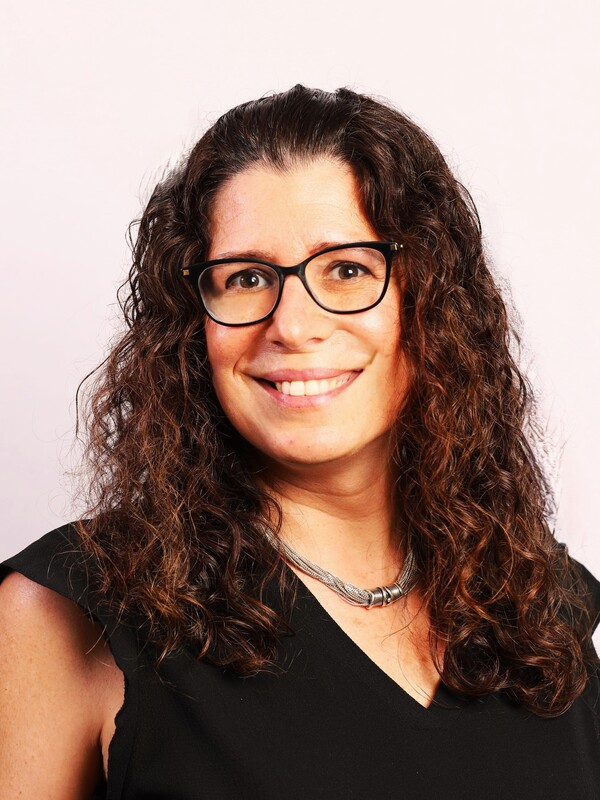
Dr. Nadia Minian
Dr. Nadia Minian, a scientist at INTREID Lab at CAMH, has been promoted to Associate Professor in the Department of Family and Community Medicine at the Temerty Faculty of Medicine, University of Toronto.
Dr. Minian has led a program of research aimed at identifying effective strategies for integrating evidence-based interventions into health-care settings. Her work emphasizes equitable adoption, long-term sustainability, and rapid dissemination to maximize public health impact. Recently, she has turned her attention to how technological innovation, such as digital tools and chatbots, can be leveraged to transform the delivery of care and make the healthcare system more sustainable.
Her vision is to help build a learning health system that not only fosters clinical excellence but also ensures the efficient use of health-care resources, with a strong commitment to health equity at its core.
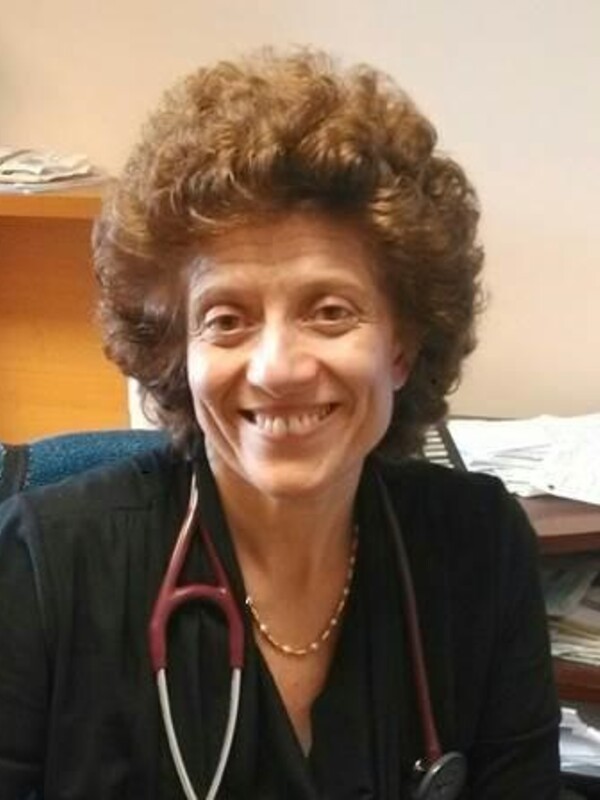
Dr. Helen Senderovich
Dr. Helen Senderovich, a distinguished physician at the Baycrest Centre for Geriatric Care, has dedicated her career to advancing the care of older adults, particularly those nearing the end of life. Her practice spans Palliative Care, Geriatrics, and Pain Medicine, combining clinical expertise with a deep commitment to education, research, and policy development.
Dr. Helen Senderovich’s academic journey is a testament to her dedication. After completing rigorous training in Internal and Family Medicine, she pursued double fellowships in Advanced Skills in Family Medicine and Care of the Elderly at the University of Toronto’s Temerty Faculty of Medicine. Throughout her career, Dr. Helen Senderovich has been an influential voice in the development of Palliative and Pain Medicine, both nationally and internationally.
Her work has significantly impacted the care of geriatric populations and those facing terminal illnesses. Through her innovative educational initiatives, Dr. Helen Senderovich has empowered clinicians to provide compassionate, evidence-based care at the end of life. Notably, she created a widely utilized module for the Royal College of Physicians and Surgeons of Canada’s Palliative Medicine Exam Preparation Course (PEP-C). This resource, developed in collaboration with the Canadian Society of Palliative Care Physicians (CSPCP), provides a step-by-step algorithm for managing complex symptoms at the end of life, enabling family physicians and specialists to improve their care for patients in need.
Dr. Helen Senderovich has also played a critical role in the development of continuing professional education for family physicians and specialists. As a collaborator and palliative care expert within CSPCP working groups, she has contributed to the creation of several online study modules. These modules, which cover a wide range of essential topics such as palliative care principles and symptom management have been designed to enhance the knowledge and skills of health-care providers. These modules have become integral to the standard of practice for health-care providers across Canada, ensuring that clinicians are equipped with the necessary tools to deliver high-quality, compassionate care to individuals with serious, life-limiting conditions.
Additionally, Dr. Helen Senderovich played a pivotal role in developing advanced care planning strategies for the aging population, which were widely distributed by the Canadian Medical Association. These strategies emphasize the benefits of incorporating a palliative care approach into the care of older adults, particularly in the context of end-of-life decision-making. The distribution of these guidelines by the Canadian Medical Association helped raise awareness and standardize the approach to advanced care planning across the country, ensuring that health-care providers are equipped to guide patients and families through sensitive decisions with respect and clarity.
In her role as Education Lead with Pallium Canada, Dr. Helen Senderovich teaches Advanced Palliative Care and the Canadian Serious Illness Conversation Program at various levels and settings. Her educational contributions extend beyond the classroom; she is also a co-author of three books and a book chapter on managing chronic non-malignant terminal illnesses.
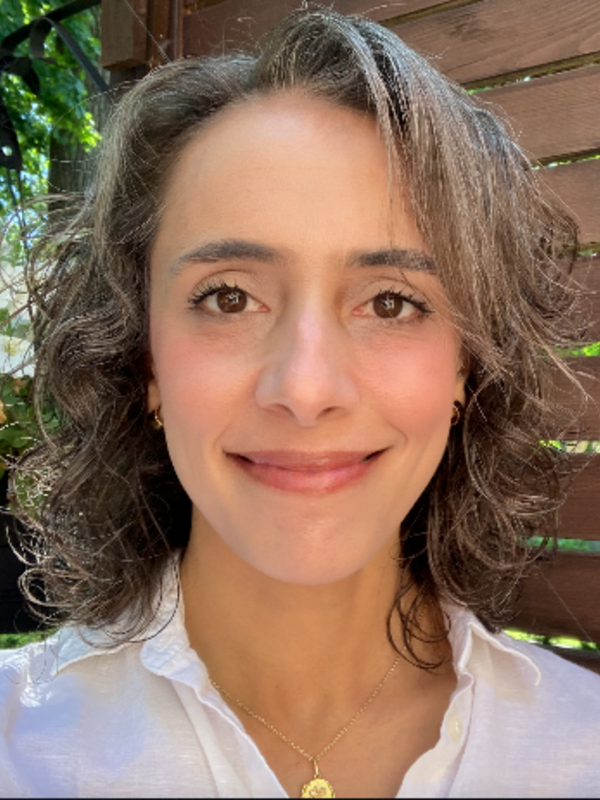
Dr. Diana Toubassi
Dr. Diane Toubassi is a comprehensive family physician and clinician-teacher who has been recognized for her educational and leadership contributions with numerous faculty and departmental awards.
Shortly after joining the DFCM as a faculty member, she completed a highly successful tenure as Postgraduate Site Director at the UHN-Toronto Western, during which she supported the transition towards Competency-Based Medical Education and further elaboration of the CFPC’s “Triple C” model of education. She additionally developed and evaluated numerous initiatives to improve the residency program and experience, including a patient-based 360 tool to evaluate the CANMEDS-FM Communicator role, a dedicated resident procedure clinic, and a resident anti-coagulation enrichment experience. All these initiatives were successfully disseminated locally, nationally and/or internationally.
In more recent years, Dr. Toubassi’s academic work has related to trainee wellbeing and how one might best leverage the medical humanities in its support. In this arena, she developed and disseminated a highly successful narrative-based curriculum (“Resident Reflection Rounds”), which sought to foster resident wellbeing through reflection on professional identity formation. This curriculum has since been adapted to, and implemented in, other residency programs. She also served as the inaugural Wellness Lead at her site. She has published several pieces of creative non-fiction and presented numerous invited lectures and workshops on narrative medicine, and the relationship between the experience of meaning and wellbeing.
News



